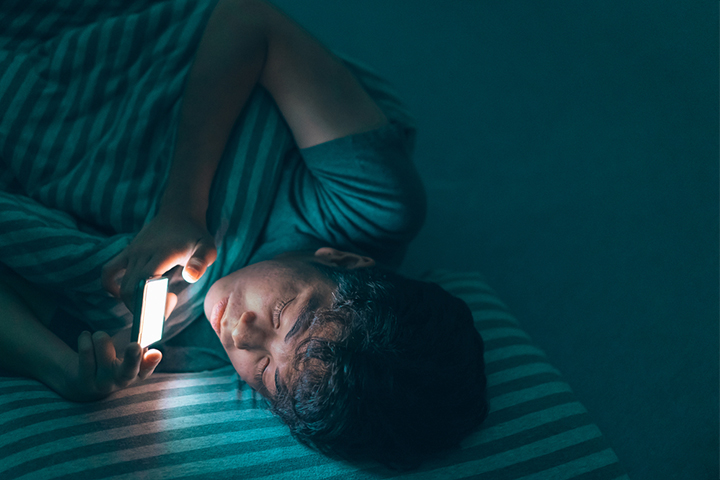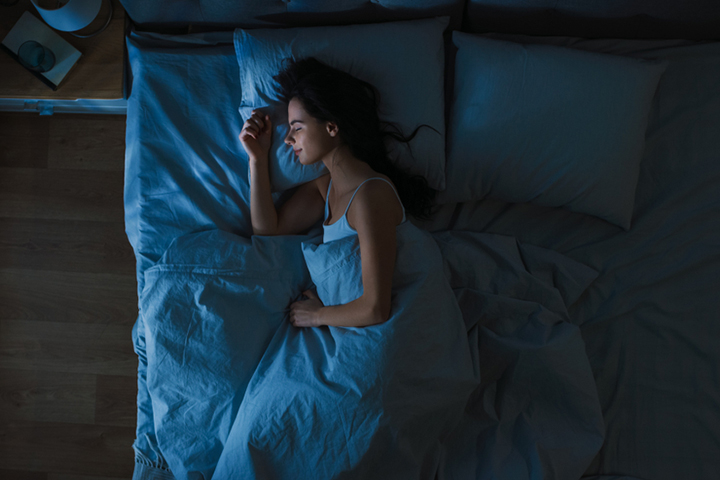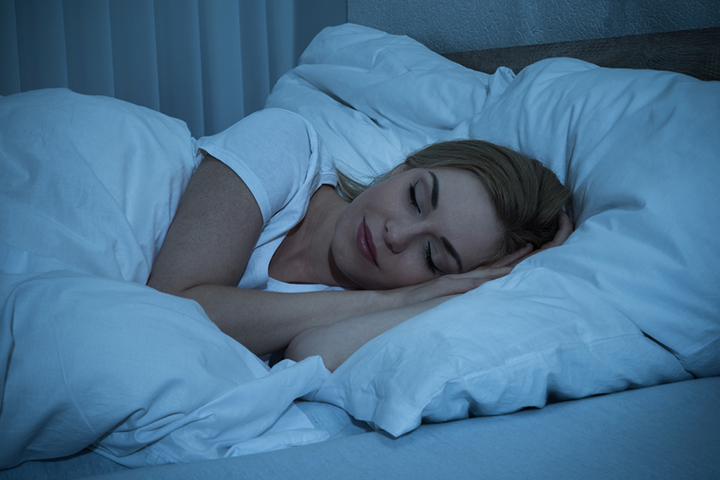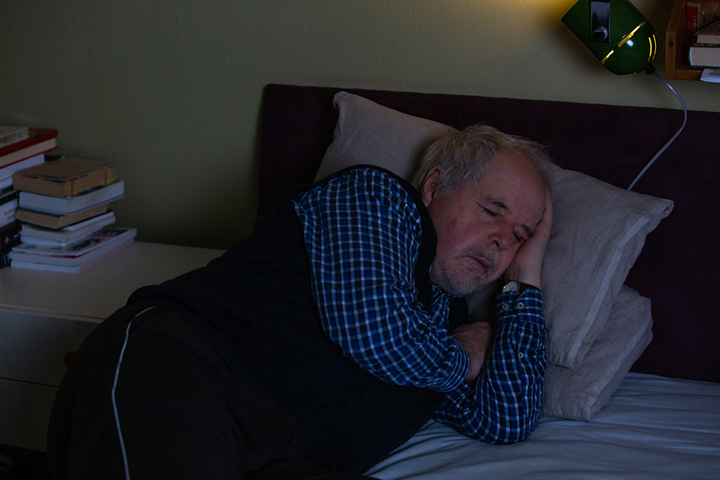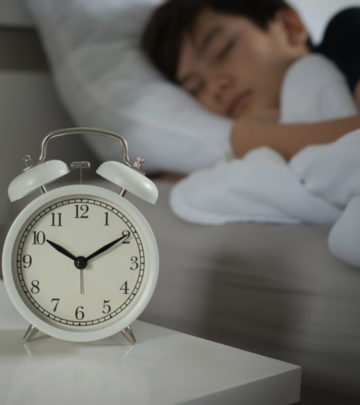
Image: Shutterstock
Sleeping is an excellent way to get your energy back and maintain a healthy lifestyle. However, sleep is something that many of us take for granted. You may think you need more or less than your bodies require, but how much sleep do you really need? Well, healthy sleeping hours not only differ from person to person but, more importantly, it depends on the age factor. Babies require more sleep than adults to develop their bodies, whereas adults need less to maintain their energy levels.
Keep reading to find out the number of sleeping hours everyone needs according to age and some effective ways to enhance your sleeping experience.
- Babies And Kids (0-12 Years)
Image: Shutterstock
Babies have a lot of energy and need to sleep to keep up with their daily activities. However, babies’ amount of sleep varies depending on age and other factors such as growth spurts or illness. Generally speaking, newborns average around 16-17 hours daily, while toddlers require 11-12 hours daily.
As the baby ages, their sleeping patterns change too. For example, preschoolers usually only need 10-11 hours, while school-aged children generally get 8 -9 1/2 hours of rest every night. Kids requiring adequate amounts regularly are essential to maintain healthy functioning body systems, positive moods, improved cognitive performance, productivity levels, and enhanced immunity against illnesses, along with many other benefits associated with good quality sleeping habits.
- Teenagers (13-19 years)
Image: Shutterstock
Recent studies have found that teens need 8 to10 hours of sleep every night to stay healthy and function properly (1). Unfortunately, many teenagers don’t get enough sleep due to various factors, such as having too much homework or being on their phones late at night.
- Young Adults (20-25 years)
Image: Shutterstock
Young adults should aim to get between 7 to 9 hours of sleep each night. A lack of sufficient sleep can lead to various issues, such as fatigue, impaired concentration, weakened immune system function, and even depression. This can be particularly damaging for young adults as they are in their formative years when their bodies are still developing rapidly, both physically and mentally.
Getting enough sleep helps ensure that young adults have the energy needed for school or work during daytime hours. Still, it also allows them to rest their minds from all the stressors that come with growing up, like academic pressures or relationship troubles that could cause long-term psychological damage if left unchecked.
- Adults (25- 64 years)
Image: Shutterstock
Adults need between seven to nine hours of sleep each night to function at their best. This amount can vary depending on individual needs, but it’s a good guideline for most people. Getting too little or too much sleep can adversely affect our health, causing fatigue, moodiness, and even weight gain over time, so it’s essential to try and stick within this range if possible!
- Older Adults (65+ years)
Image: Shutterstock
The National Sleep Foundation recommends that most adults between the ages of 65-85 get 7-8 hours of sleep per night (2). This amount may vary depending on the individual’s lifestyle and health needs, but seven to eight hours is generally enough time for a good night’s rest. In addition, this amount can help improve memory function and overall physical health by reducing stress levels and improving circulation throughout the body.
Ways To Improve Your Sleep
Sleep is essential for a healthy lifestyle, and getting enough of it can be difficult. Here are some tips that you can use to get better rest each night:
- First, focus on making sure your bedroom is suitable for sleeping. Make sure the temperature in your room isn’t too hot or cold. Invest in blackout curtains if necessary. Keep electronics out of reach so they won’t distract you from winding down before bedtime. Make sure there aren’t any other distractions like noise or bright lights coming into the room at night.
- Second, establish a regular sleep schedule by going to bed at roughly the same time every day (even on weekends). This habit will help train your body clock to know when it’s time for restful sleep instead of tossing and turning all night long because you’re trying to adjust to something more normal after an irregular weekend routine. Additionally, avoid caffeine late in the evening as this may disrupt natural melatonin production, which helps regulate our internal clocks, meaning no coffee past 4 pm! (3)
- Finally, consider adding some physical activity during daylight hours and relaxation techniques such as yoga or meditation before going off to dreamland, as both have been proven practical ways to reduce stress levels while improving overall health & well-being. With these simple steps combined over time, everyone can find their way toward achieving much-needed zzzzs each & every day!
Getting a good night’s sleep is essential for leading a healthy, productive life. Unfortunately, many people don’t get enough restful sleep which depletes their growth and health. Fortunately, with some simple tricks, you can effortlessly help someone or yourself achieve the best sleeping habit. Hopefully, you found this article informative. Let us know in the comment section below how many hours you sleep and what you do to achieve a sound sleep quickly.


